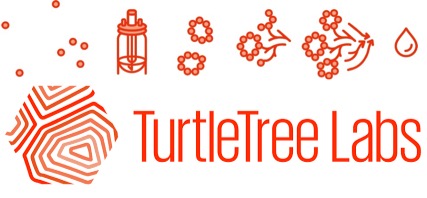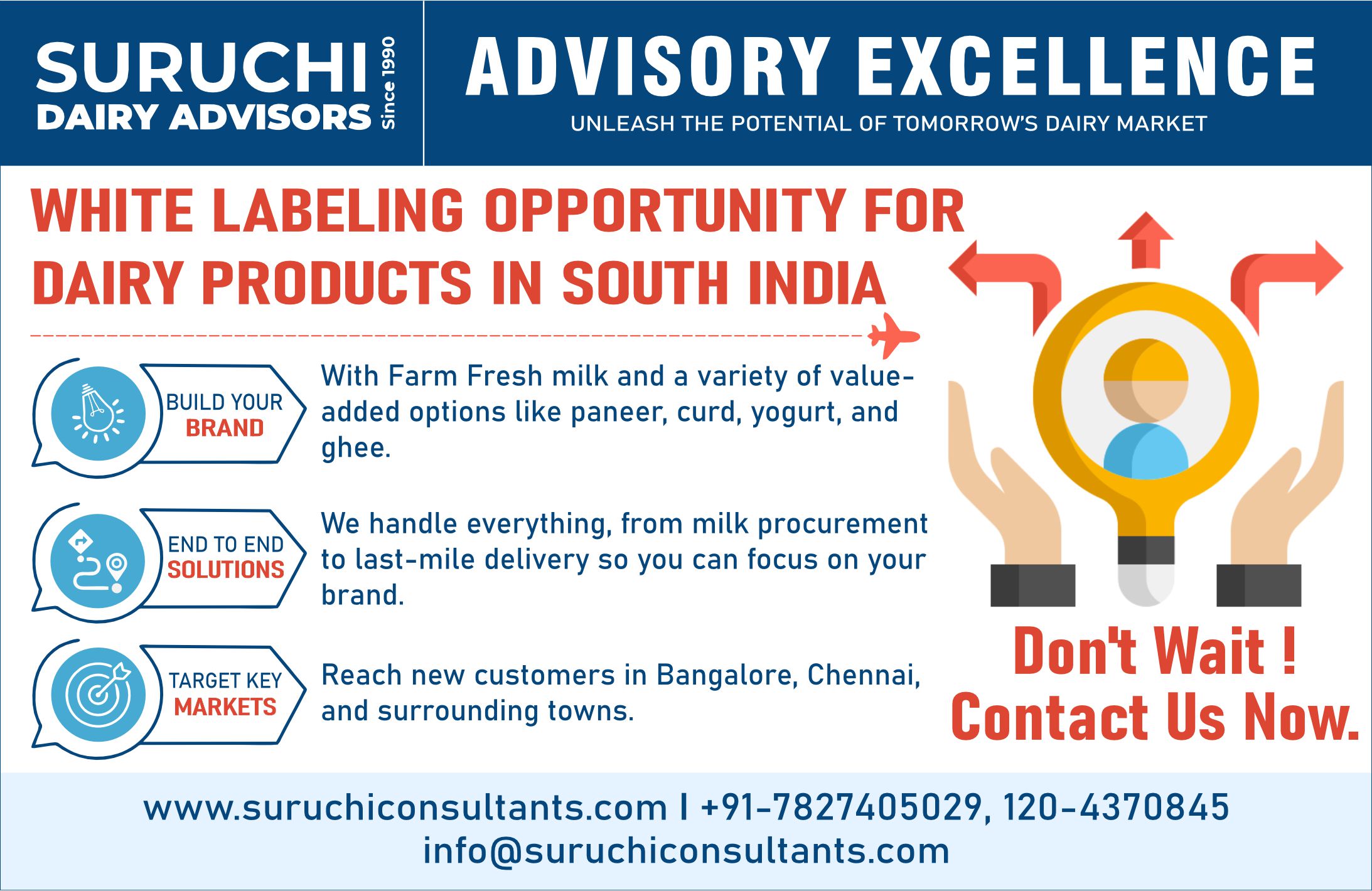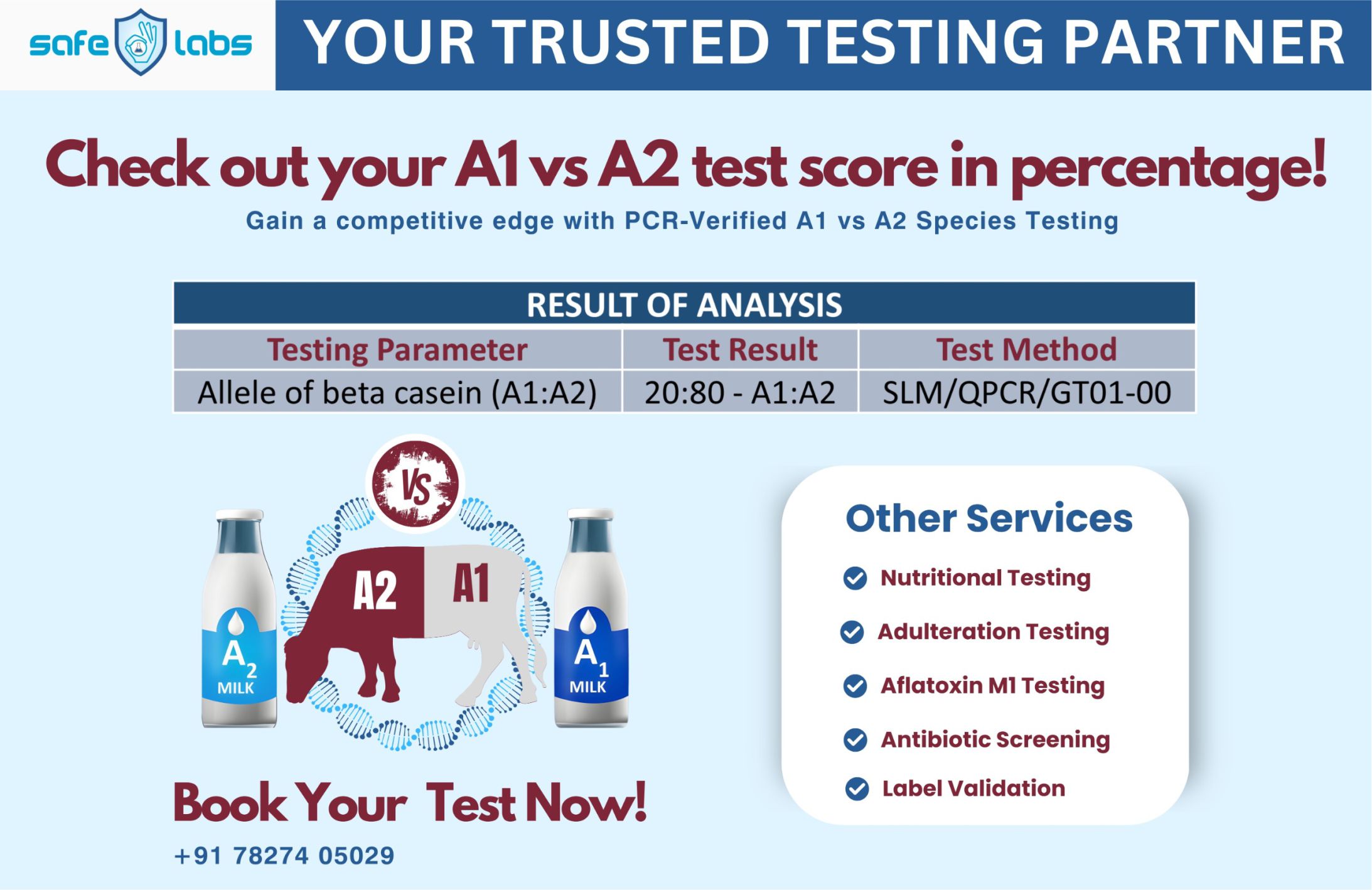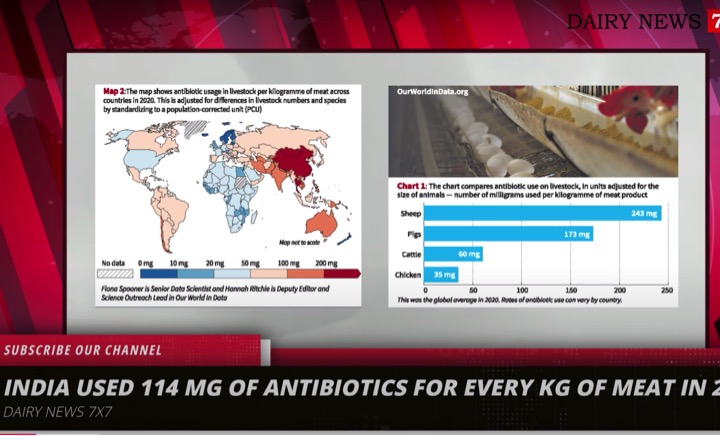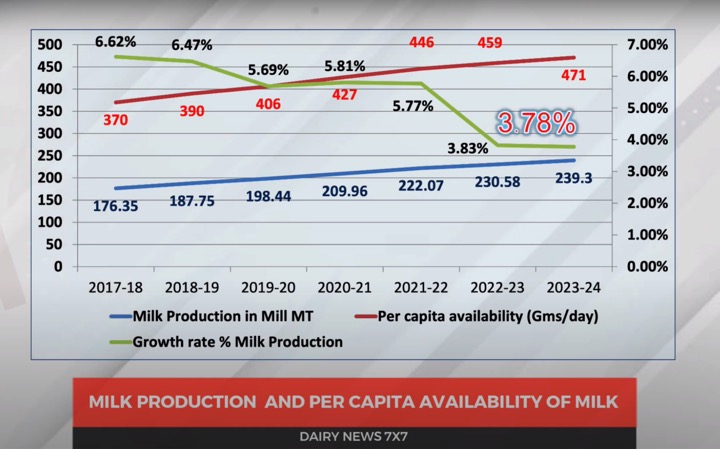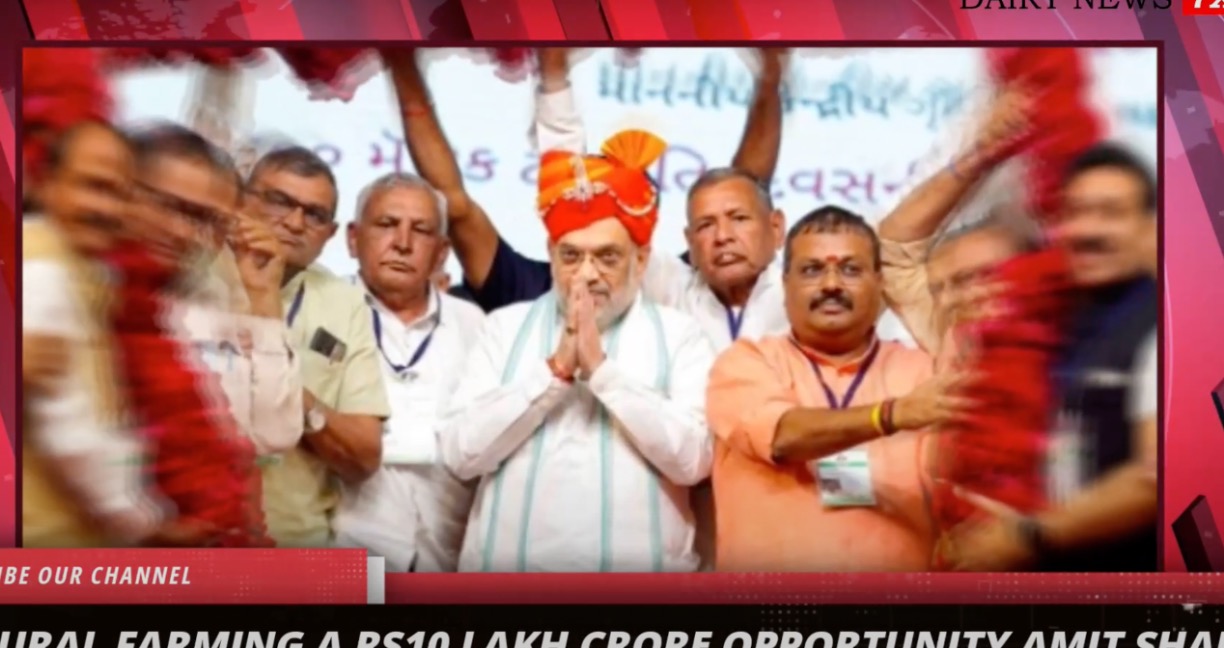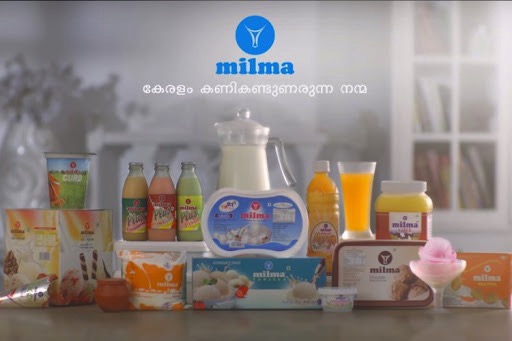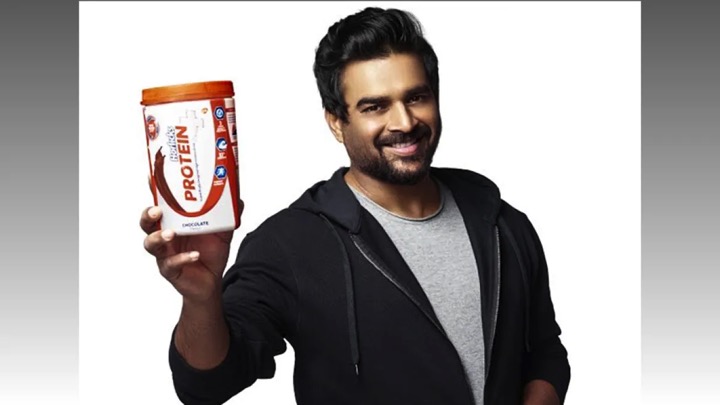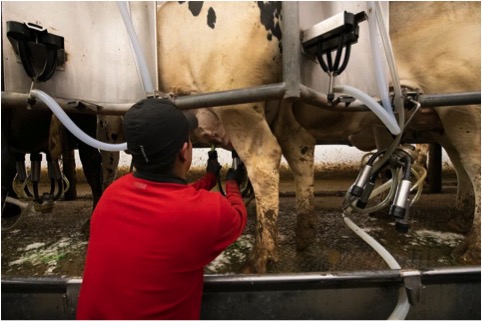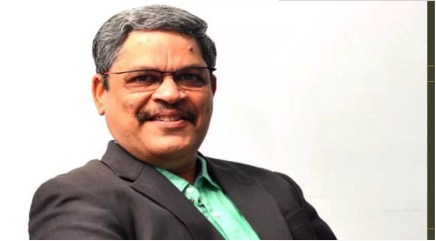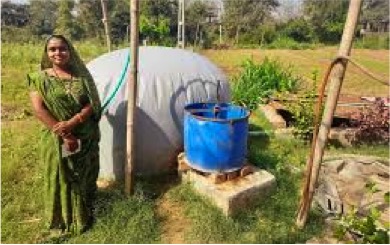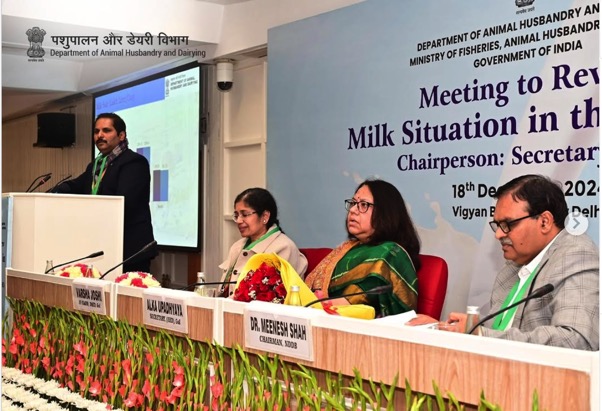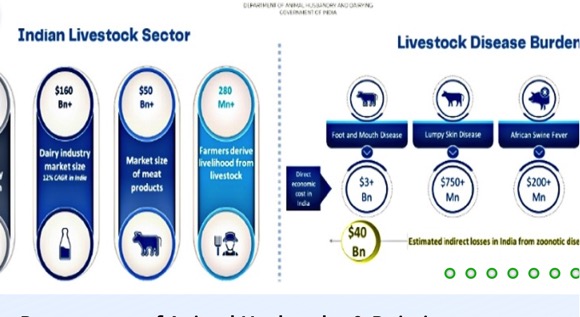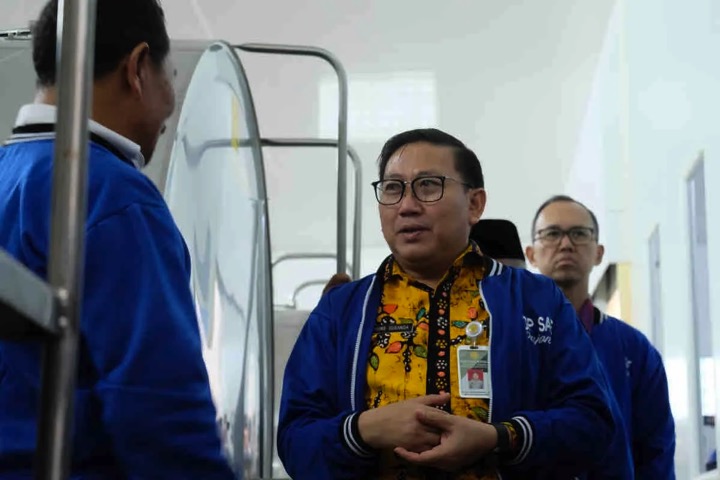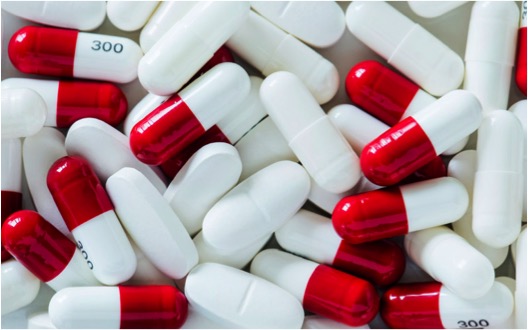Can milk be made in a laboratory instead of from cows or humans – and can it taste just as good?
Local biotech start-up TurtleTree Labs certainly thinks so, and it impressed the judges of the Entrepreneurship World Cup 2020 enough to walk away with the top cash prize of US$500,000 (S$678,000).
The challenge to uncover the next generation of entrepreneurs saw 175,000 participants from 200 countries compete virtually for the award, which was hosted by the Riyadh-based Misk Global Forum on Oct 19.
The forum is a flagship event of a non-profit foundation set up by Saudi crown prince Mohammed bin Salman. The winners were selected by an audience vote and panel of international judges.
TurtleTree Labs co-founder Lin Fengru called the win a “wonderful surprise”.
“Winning this competition highlights the importance of sustainable food production, and the support from the community around such technologies,” she said.
“We’re proud to represent Singapore on the world stage.”
Biotechnology for producing milk
Founded last year by Ms Lin, 32, and Mr Max Rye, 40, TurtleTree Labs uses cell-based methods to make milk without the need for animals, while retaining the same composition and taste.
Fresh cells are extracted from the milk of mammals ranging from cow’s milk to breast milk.
The cells are grown and exposed to a special formula that causes them to lactate. The end product, milk, is obtained through a filtration process.
Such cell-based foods, said Ms Lin, could be a solution to the issues of heavy land use, energy and water consumption that are associated with traditional dairy farming.
“The population of our planet is only going to grow, and we need to continue to innovate to provide better nutrition for everyone in a sustainable fashion.”
Currently, the global population is growing by 80 million people each year. By the UN’s projections, there will be two billion more mouths to feed by 2050.
This is the first time a Singapore start-up has won the top prize in the challenge.
The award winning entry
TurtleTree Labs edged out two Canadian competitors which came in second and third, including one that uses bacteria to transform organic waste into usable materials and chemicals.
The company is on a roll, having been awarded $1 million in funding by the Temasek Foundation in July after winning this year’s edition of The Liveability Challenge, which seeks solutions to some of the biggest problems faced by cities in Southeast Asia.
Earlier, it caught the eye of global investors such as Hong Kong’s alternative protein specialist Green Monday Ventures and raised US$3.2 million in seed funding.
Ms Lin said the prize money will go towards its research and development activities, such as finding new ways to extract biologically active components in milk that have health benefits.
“It’s good to see this emerging industry surrounding novel methods of food production being recognised,” she said, adding that TurtleTree Labs has benefited from Government support from the Singapore Food Agency, Enterprise Singapore and A*Star.
“We look forward to continue working with them closely.”


